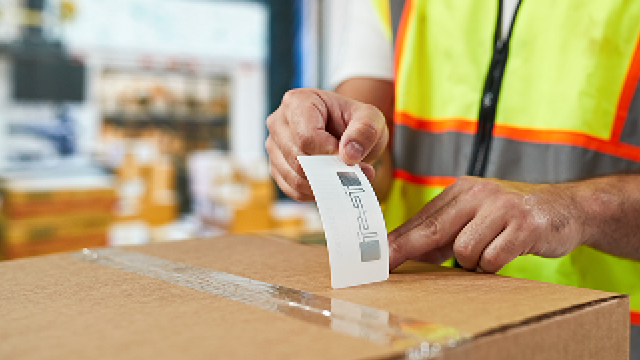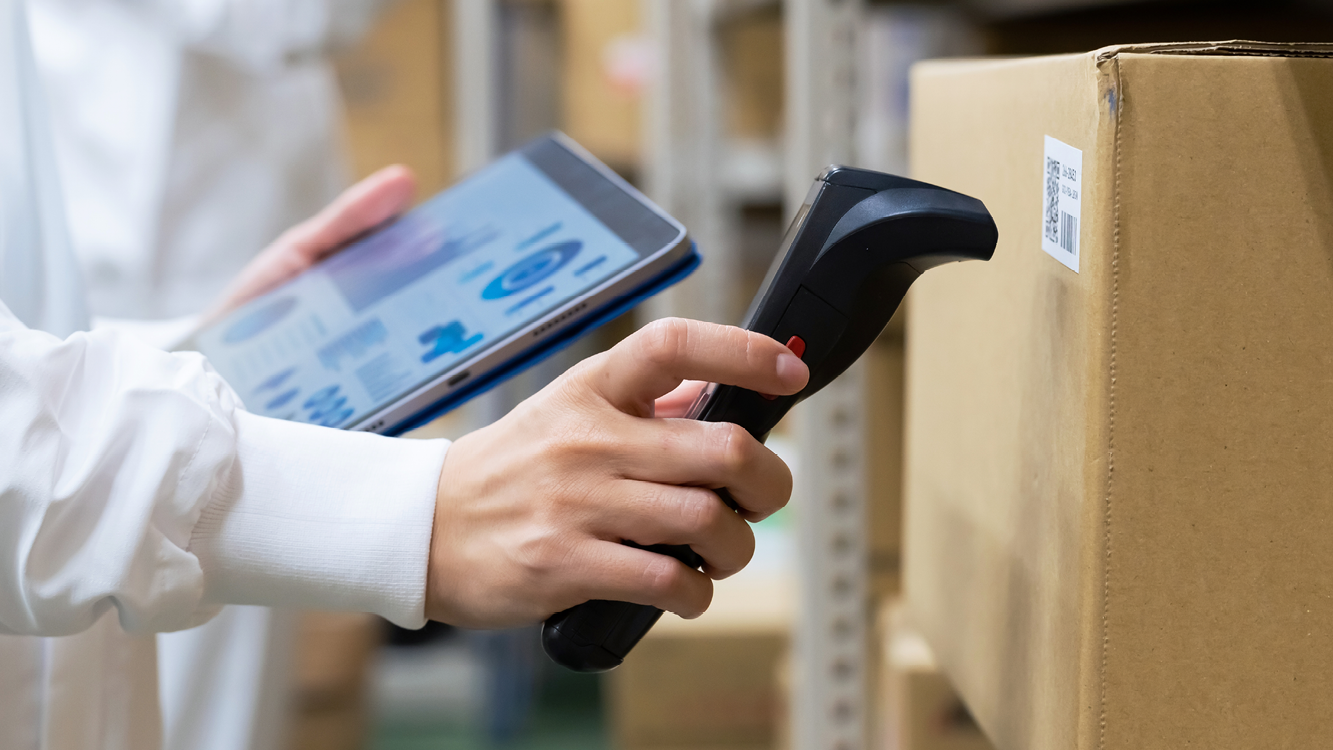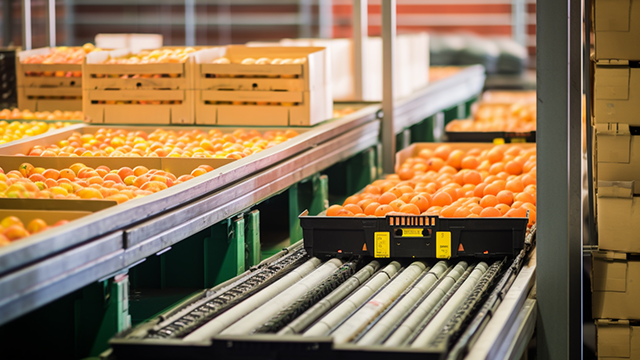RFID Opportunities You Don’t Want to Miss
RFID is a familiar technology, but TSPs are finding innovative ways to use this technology to solve their clients’ pain points and provide value.
BlueStar's diverse portfolio offers unparalleled access to premium products and services that drive business growth and success. From state-of-the-art hardware to advanced software solutions, our portfolio is designed to empower businesses with the tools they need to thrive in today's competitive landscape.
Our vertical-based content focuses on different industry technologies, solutions, and insights.
A true VAD offers top-notch pick, pack and ship services, and provides programs and services that add value to the distributed products that increase their value or worth.
The BlueStar DifferenceHelp your clients comply with regulations and meet consumer demands for traceability in innovative ways with this familiar technology.
Innovators are discovering new uses for RFID. It’s one of the factors driving the global market for RFID technology, valued at USD 11.8 billion in 2021 and predicted to grow at a 10.2 percent CAGR to reach USD 315 billion by 2031. One of RFID's most exciting use cases is how it can revolutionise the global food supply chain.
The following use cases provide a sampling of how RFID is improving track-and-trace capabilities, reducing waste, and more efficient food supply chain management.
Tracking Livestock
Barcoding and low-frequency RFID systems have been used to track cattle for years. However, these systems have limits on their range and accuracy. RFID tracking has now made it possible to track livestock through every step of the food supply chain, providing a true farm-to-fork story to their customers. Large cattle operations can track their cattle over large spaces with RAIN RFID, which offers an extended range and more accurate tracking than legacy systems.
The more extended range reduces the stress on the animals and increases worker safety. In addition, better animal tracing helps in disease management, loss of cattle to weather or natural predators, food traceability, and increasing consumer satisfaction.
Reduce Food Waste
Every year in the EU, roughly 88 million tonnes of food goes to waste at a cost of about 143 billion Euros. Almost half of that food waste (40 percent) occurs during production and another 34 percent during transportation and storage.
RFID can help prevent food spoilage by monitoring the temperatures of each case accurately, in real time, during shipment. Then, transporters can take action more quickly when something goes wrong to prevent spoilage.
More accurate inventory management also means no over-ordering of food that just goes to waste. By eliminating manual record-keeping, supply chain partners see fewer human errors. In addition, products can be rotated more efficiently and cared for in a way that preserves more of them, reducing waste and lowering costs.
Product Traceability
Food traceability is compulsory in the EU under the General Food Law. Food like fish, beef, and perishable fruits and vegetables have special requirements in addition to the general guidelines.
RFID is enormously helpful for suppliers in meeting these requirements. RFID tags can carry information such as country of origin, and even specific lot numbers, which can be vital in tracking down contaminants in shellfish. For example, with RFID, it will be easy to trace a specific lot of oysters back to the exact location they were harvested.
Unauthorised substances are the reason for 41 percent of all food recalls in the EU. RFID tracking in the food supply chain can help producers determine precisely where those substances were introduced to the food and then take action to ensure it does not happen again. The technology can also help lower the financial impact of food recalls by limiting the amount of food that needs to be destroyed through improved tracking.
Supply Chain Management
Handling food properly during transportation is vitally important for the people of the EU. Nearly one-third, 32 percent, of European agricultural and fishery products travel more than 150 km, and 66.3 percent travel at least 50 km from where they are produced.
Poor handling during transport can damage products. Poor record keeping or delays in transportation can result in costly backups and placing orders for products that are not actually needed.
RFID tagging allows every product to be immediately identifiable -- no wasted time tracking down shipments or figuring out which shipment should go where. Automating data collection with RFID leads to more accurate record-keeping and reduces human error.
Solve Their Problem, Reap the Profits
RFID is by no means a new technology, but new solutions and successes with systems deployed in the food supply chain are expanding its use. EU regulations, coupled with the potential savings from eliminating waste, make using RFID technology in the food supply chain an attractive and practical solution.
Your clients have much to gain from implementing RFID technology—and solutions providers that can design effective solutions will also benefit from business growth and sticky customer relationships.

RFID is a familiar technology, but TSPs are finding innovative ways to use this technology to solve their clients’ pain points and provide value.

RFID solutions give T&L operations visibility, track-and-trace capabilities, efficiency, and accuracy that mitigate losses, control costs, and...

See how this technology can solve challenges other data collection solutions couldn’t.
